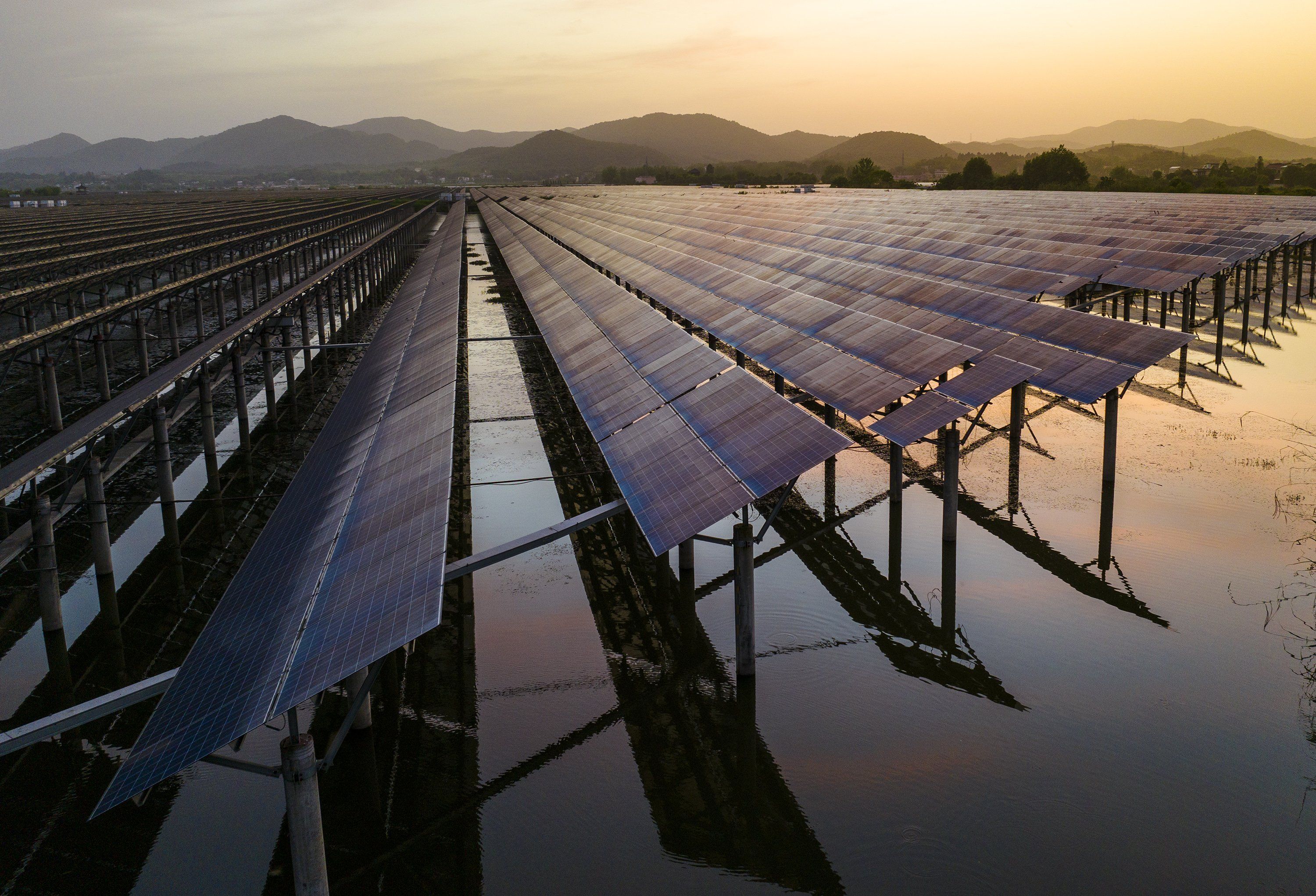As Bloomberg reports, President Joe Biden’s Inflation Reduction Act wrote a big check for the future of solar, aiming to spur domestic manufacturing. For a while, it worked. But two years after the $16 billion infusion, plant construction is behind schedule and one has already been canceled in the face of market pressures and cheaper foreign imports from China.
In Canada, Alberta recently introduced energy regulations that put seven solar projects at risk as the province moves to restrict land-use in favor of agriculture over renewable power.
Solar power grew 11.2% in 2023 in Canada and is expected to grow 75% in the US in the next year or so. The question is who, in the long run, will be leading the development and production of solar technology? Capacity will continue to grow, but cheap Chinese solar panels – which are good for the energy transition – make establishing a domestic industry challenging, and protectionist measures risk a full-blown trade war, which may be good for no one as the world rushes to lower greenhouse gas emissions.
